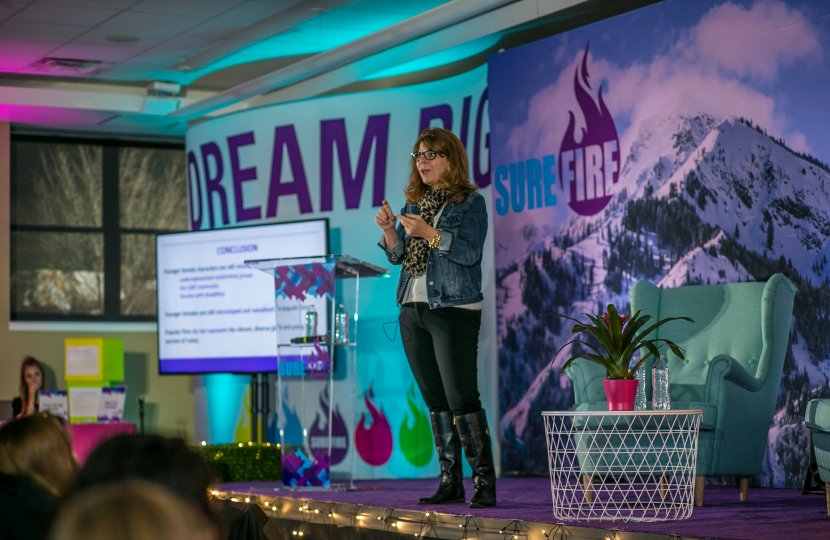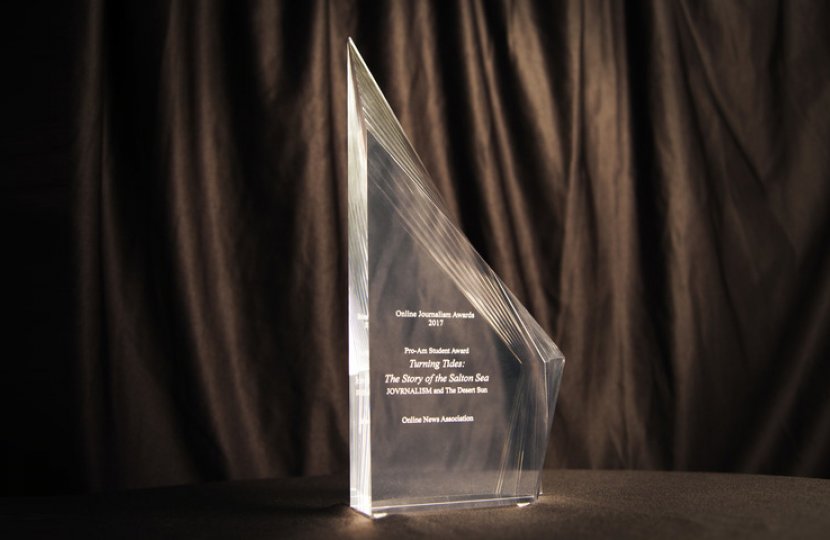A conversation with Lester Holt: Key takeaways
“There’s lot of great investigative reporting going on right now. There’s a lot of unprecedented things happening in government, which are making for some really fascinating stories. But all eyes are on us in a way that’s never been before,” said veteran newsman Lester Holt to a packed forum in Wallis Annenberg Hall on Nov. 16.







